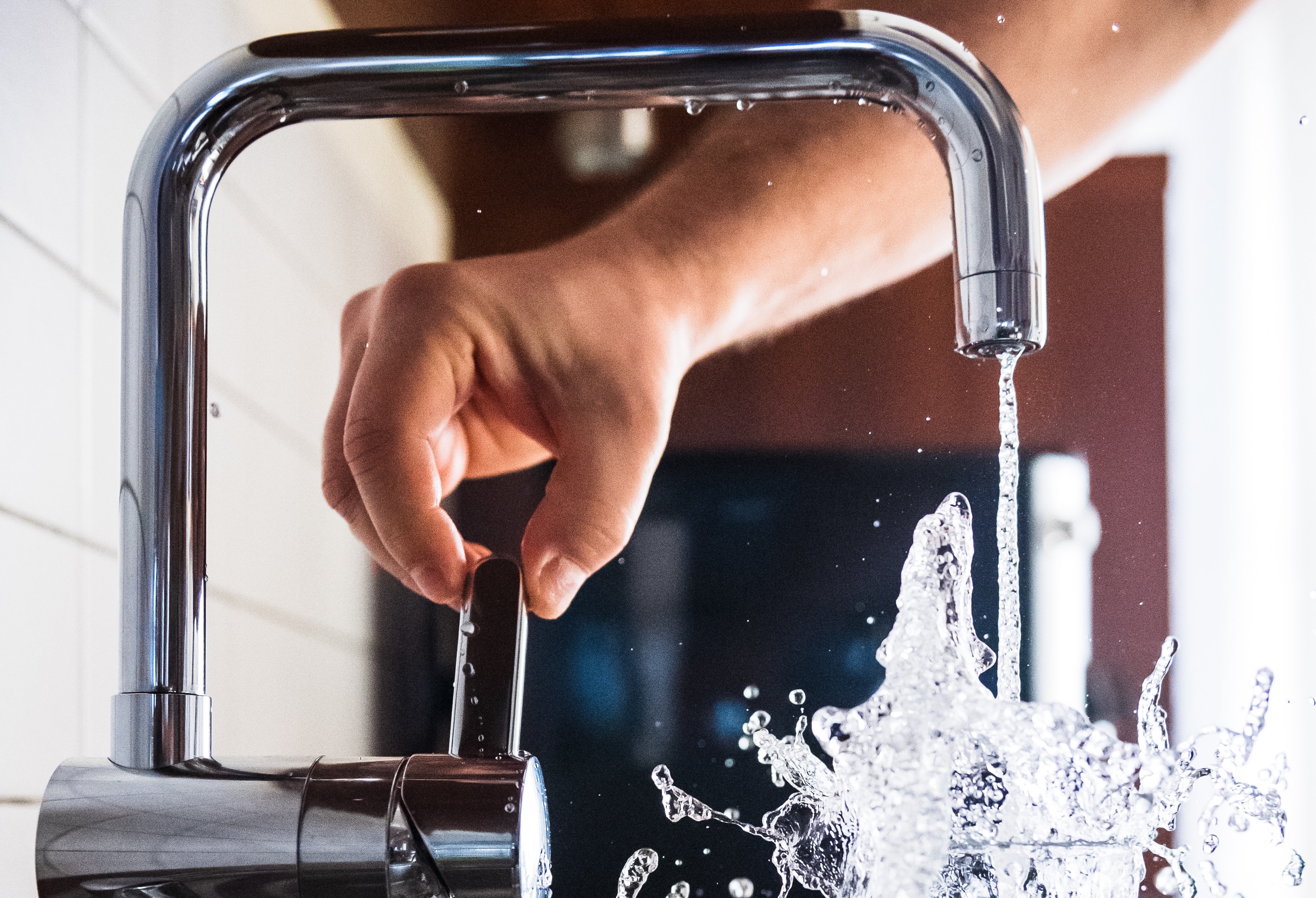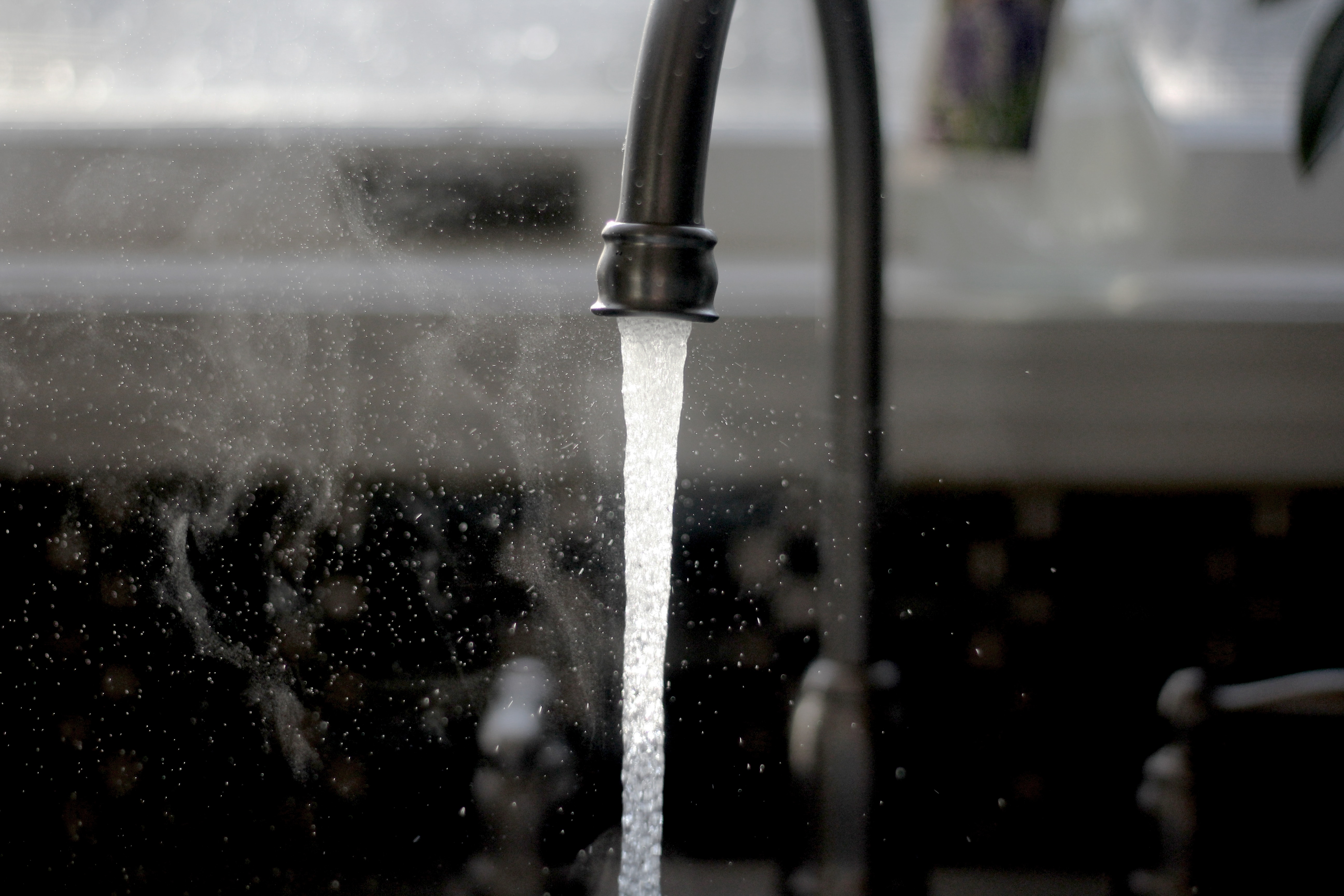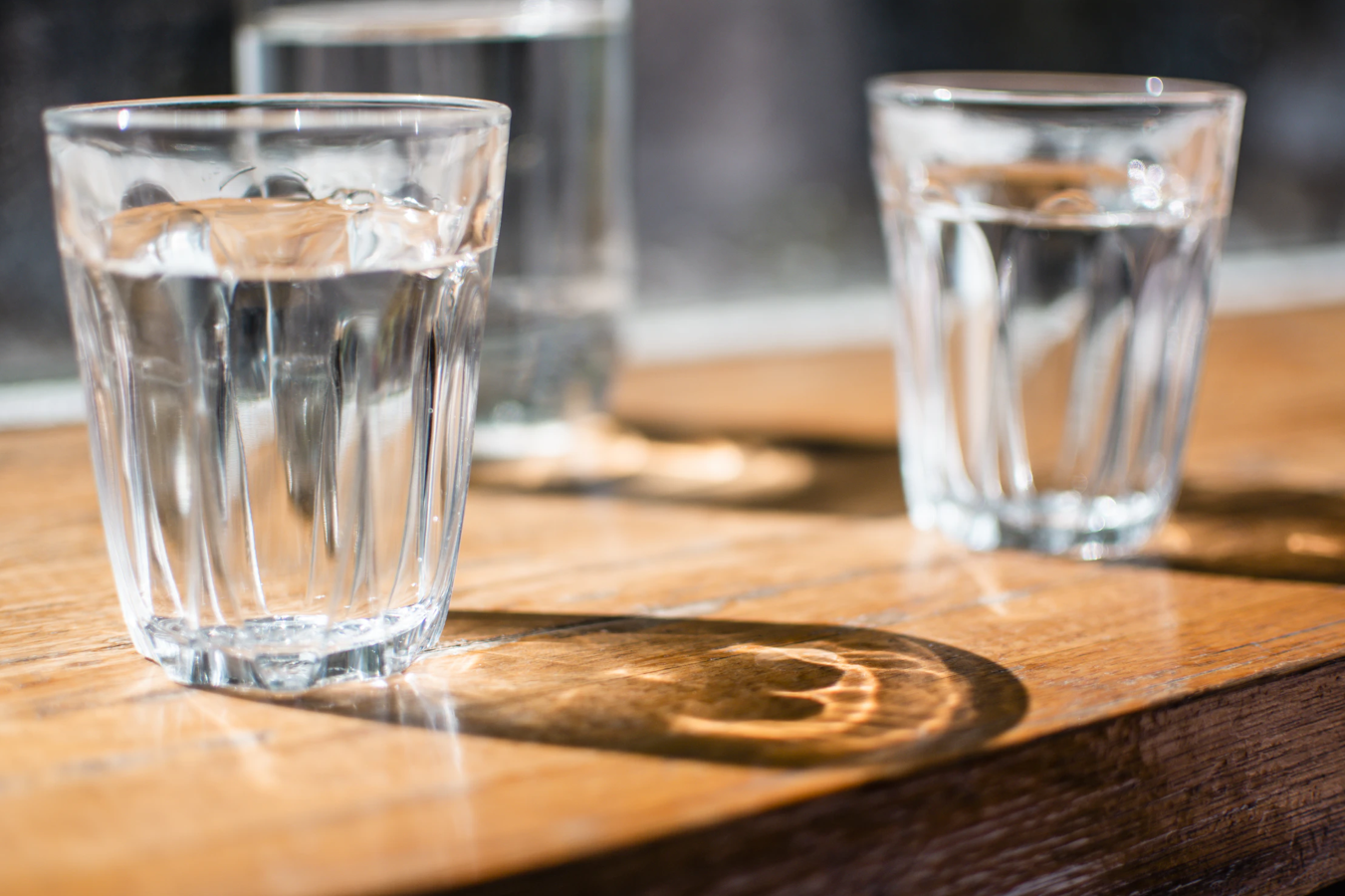Conserve in Your Business
Find useful advice to help reduce the amount of water you use in your business and in your home.
Conserving water in your business will not only help protect your local supply, it will also protect the environment, boost your reputation and reduce your water bills.
You can also download and print our Help Conserve Water leaflet to make colleagues aware of the scarcity of water and the benefits that conserving water can have for both your company and the environment.
Conduct a water audit
The first thing we recommend is carrying out a water audit on your business. This will show where the major water use is coming from and where savings can be made.
An audit can be done by the business owner, facilities manager or a member of staff. This could be an opportunity to appoint a water champion or steward. Larger businesses will often procure external specialists in water audits and bespoke solutions.

Invest in water efficient devices and appliances

Go waterless

Low maintenance plants
Stop the leaks
Did you know that checking for and repairing leaks around your home could save up to 19,000 litres of water a year. The same applies to any business. If you think you may have a leak internally it may be worth hiring a plumber to find and fix the leaks. Even though this has an upfront cost, it can lead to huge savings in the long-term by reducing you water waste and therefore your water charges.
Leak allowances
If you are a Business Customer and believe you have been affected by a leak after the 1st January 2014, you can contact Uisce Éireann to determine if you are eligible for a reduction on your bill. Please be aware that before any bill reduction can be agreed, you must have identified and repaired the leak and ideally have this evidenced by way of a plumber's report.
If the leak has been identified but not yet repaired, you should advise your plumber that any report should include: confirmation that the leak has been identified and repaired; the date of repair; the meter read after the repair; the plumber's signature with a valid VAT / CRO number or company stamp. Uisce Éireann must also be satisfied that the meter readings reflect that the leak has been rectified. Further information is available by contacting Uisce Éireann on 0818 778 778.
